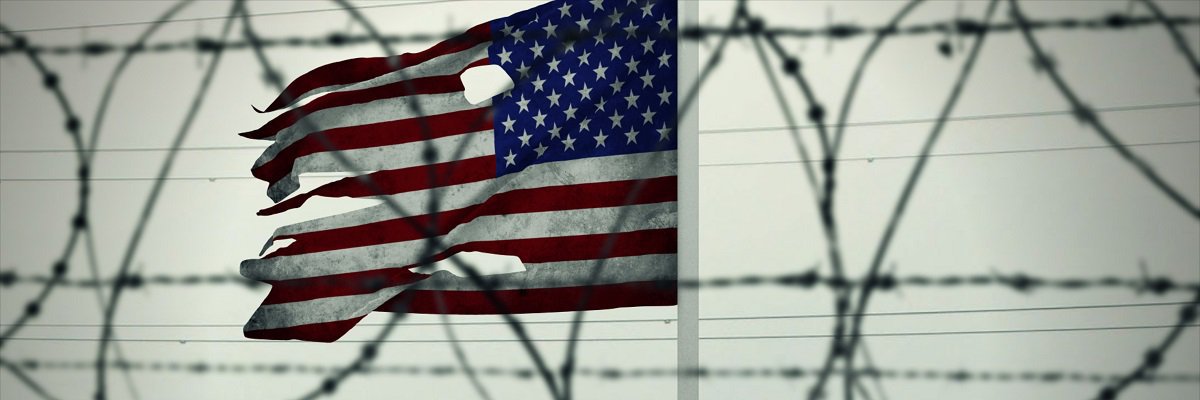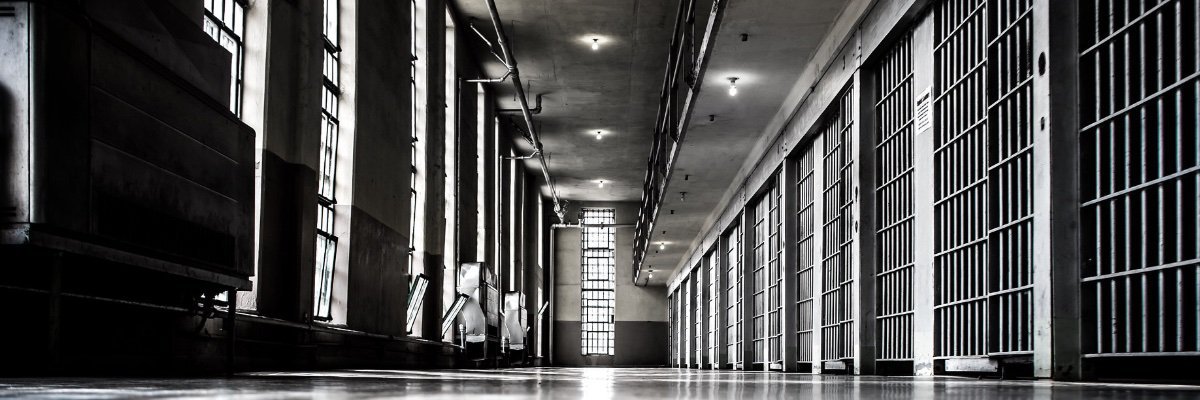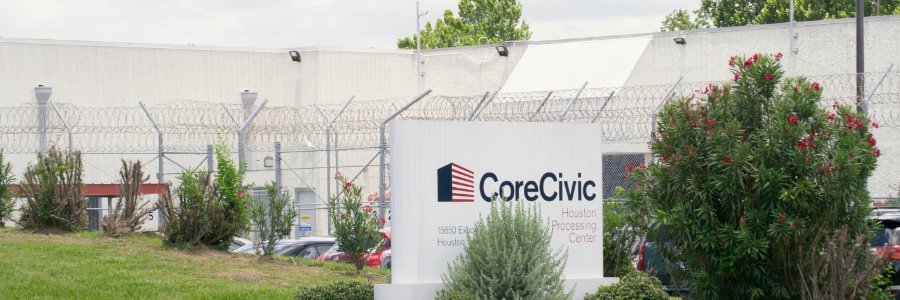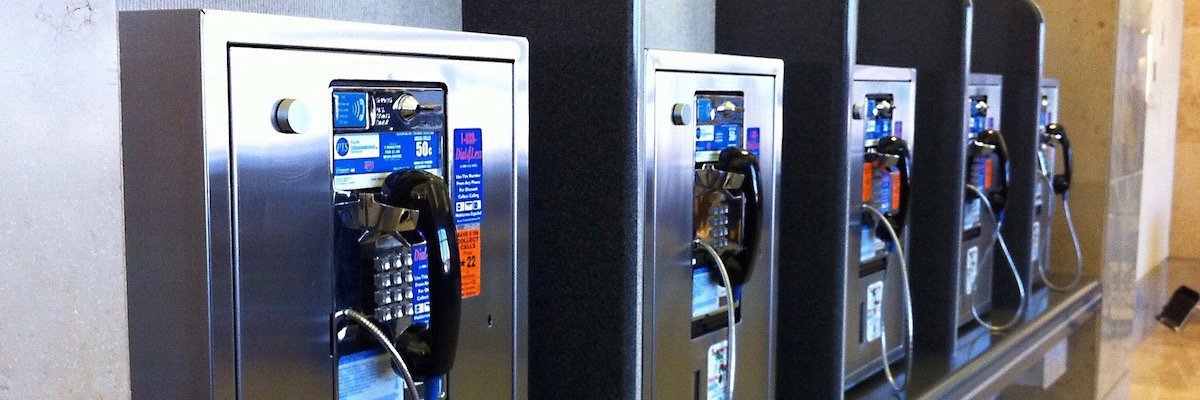Between a federal shutdown, ongoing litigation, and new efforts to change bad policy, there’s a lot going on in the nation’s criminal justice system. Here’s what you might have missed.
The First Step Act
At the end of 2018, Congress was able to pass a much-lauded criminal justice bill, dubbed The First Step Act, aimed at reducing federal incarceration levels and expanding resources for prisoners. However, with the government shutdown now on day 21, it remains unclear whether the expected schedule will remain intact. It’s expected that as many as 4,000 of the approximately 180,000 federal inmates would be eligible for release as soon as possible under the law’s new credits for good behavior, which increased from 47 to a potential 54 days per year.

GEO Group gets a new lawyer: former Senator
The one-time President of the Florida Senate, Joe Negron, has joined Boca Raton-based GEO Group as corporate counsel, a position he started about a month after leaving his position in the Florida legislature in November. Negron was entitled to another two years as a state senator, following a series of elections held as a result of repeated redistricting, but announced his retirement in the spring, saying in a press statement, “I believe in a citizen Legislature where women and men from all walks of life serve for a reasonable period of time and then return to the private sector.” The GEO Group is one of the largest operators of for-profit prisons and correctional services and donated tens of thousands to the campaigns of both Negron and his wife, Rebecca.
The shutdown and immigration court
The current cessation of government activity - prolonged, in part, due to President Donald Trump’s insistence that funding be provided for a wall on the US-Mexican border - could have a serious effect on the thousands currently waiting for their turns in federal immigration court. As reported by The New York Times, the anticipated missed court dates could result in an additional four years of waiting for some. In addition to the demands for a physical barrier at the border, the administration has also requested funding for additional detention beds; private prisons currently operate over two-thirds of such facilities, suggesting an expected boost to their operations should the funding ultimately be approved.
Securus - In-person visits
Securus is one of the largest providers of prison phone services, an industry notorious for generating expensive bills for the incarcerated and their families. Its current attempt to merge with ICSolutions could lead to even greater control over the nation’s prison telecommunications, the financial benefits of which have been known to take precedent over policies better suited to prisoner rehabilitation, as in Knox County, Tennessee, which eliminated in-person visitation in favor of video visitation.
Hollywood takes on private prisons
Real Money Moves, an initiative of investing firm Candide Group, has partnered with dozens of celebrities to declare divestment from private prisons in their own investing efforts.
CoreCivic continues to fight shareholder lawsuit
In the short-lived moment during which the federal government proposed a phase out of private prison usage, shareholders of CoreCivic brought a case against the company, Grae v. Corrections Corporation of America et al., Case No. 3:16-cv-02267. Despite the reversal of federal policy, the case remains active and CoreCivic maintains that it will “vigorously defend” against it.

MuckRock is continuing to cover the privatization of the prison system. Know something we should hear about? Let us know via the form below.
Image via Pexels



